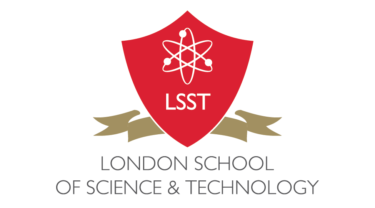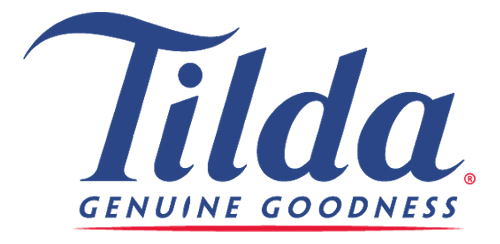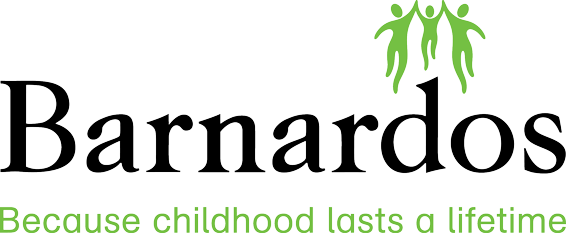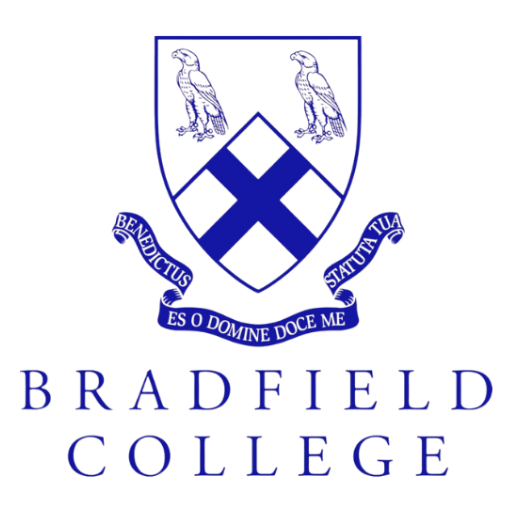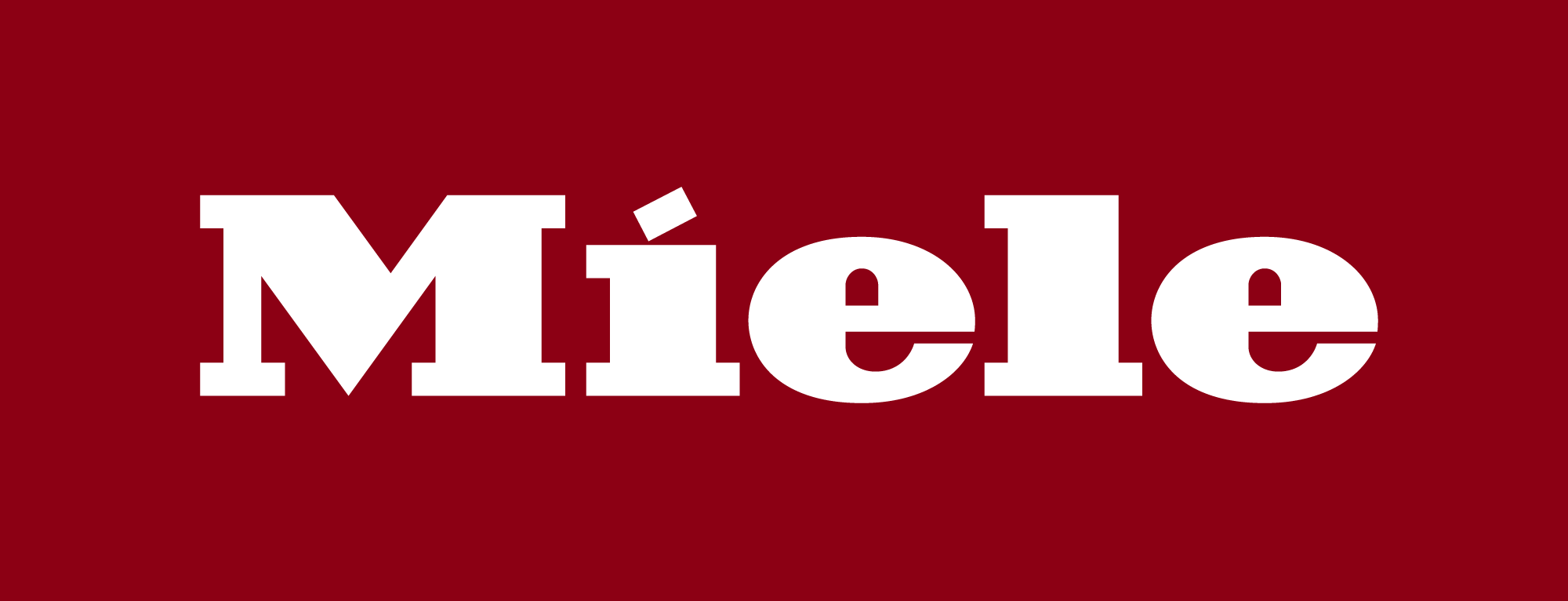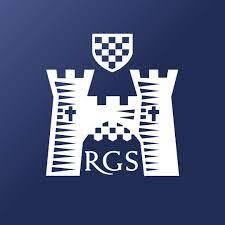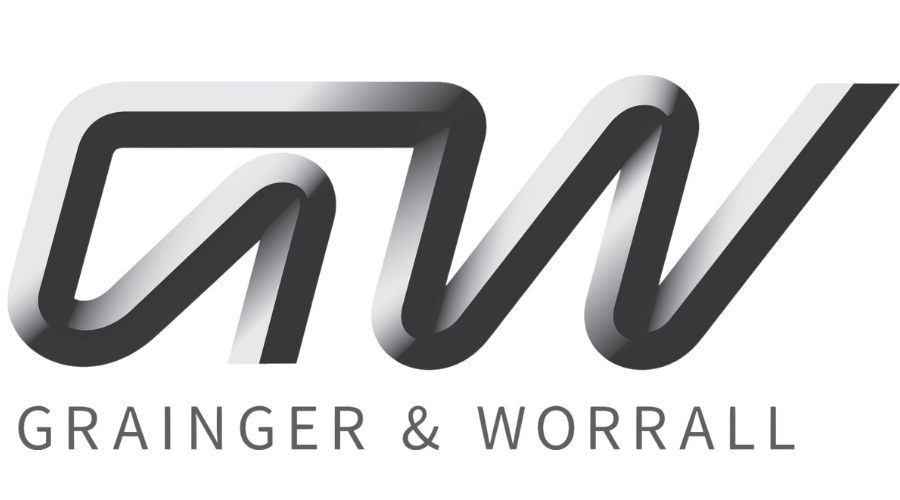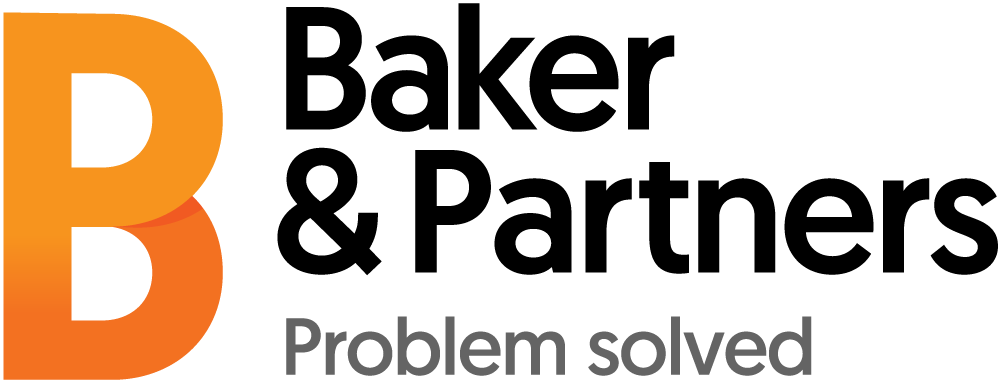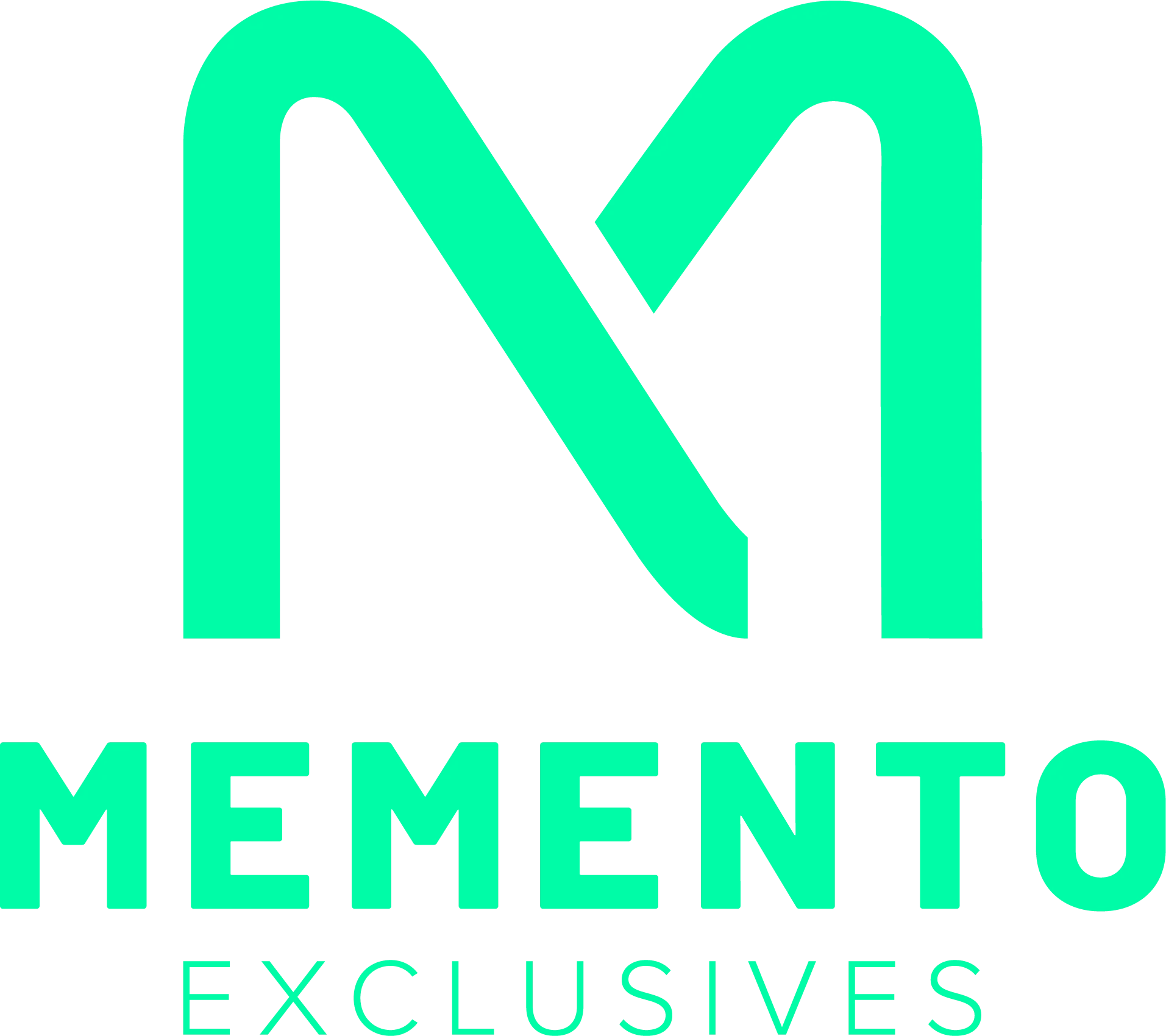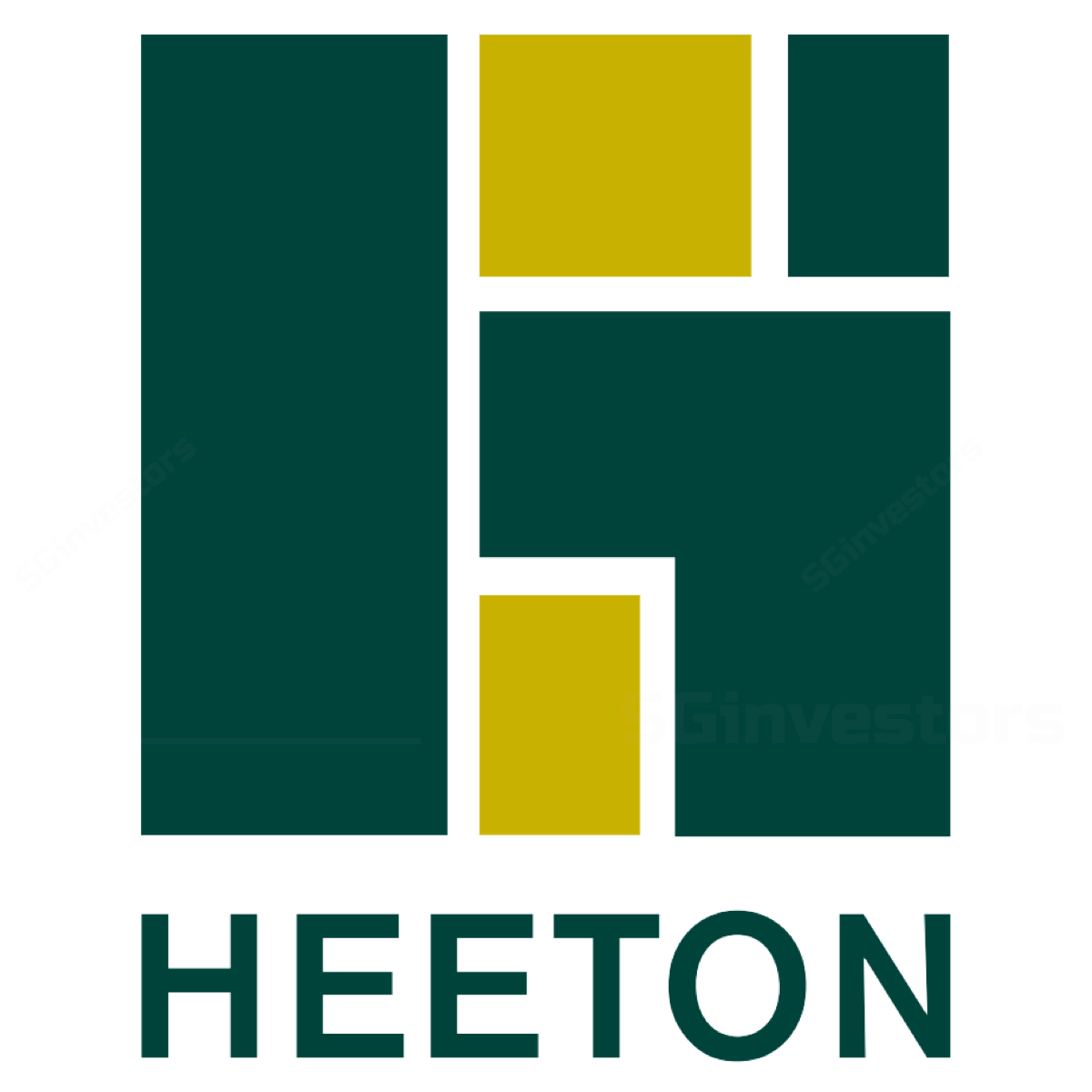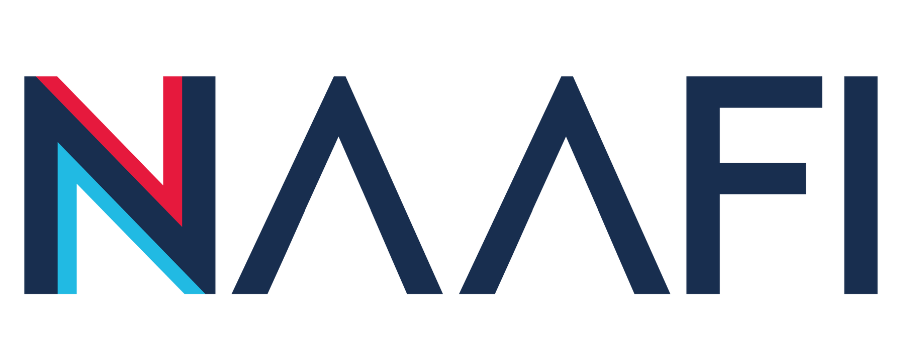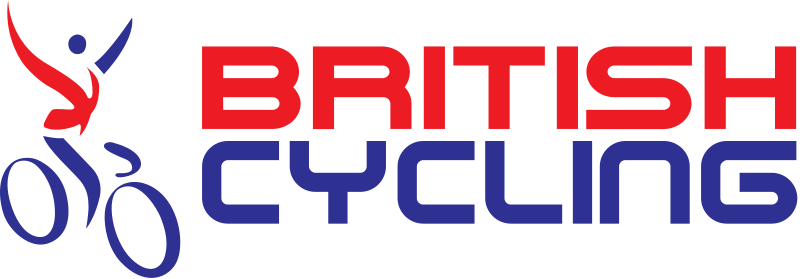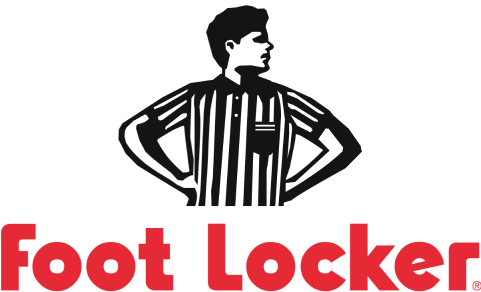Transforming Performance Management: Modern Approaches to Measuring and Improving Employee Performance
The Evolution of Performance Management: From Annual Reviews to Continuous Feedback
Performance management has been around for a long time, and its approach has evolved over the years. Initially, performance management was mostly about annual performance reviews, where employees and managers would sit down and go over the employee's performance for the year. However, this approach had several limitations, including the lack of real-time feedback and the inability to address performance issues as they arose.
Over time, performance management has evolved to include more continuous feedback and coaching. Many organizations have now moved towards a more agile approach to performance management, which involves regular check-ins, ongoing feedback, and coaching. This approach allows employees to receive feedback in real-time, which can help them improve their performance and achieve their goals.
Furthermore, the evolution of technology has allowed for more sophisticated performance management systems. For instance, HRMS platforms like HealthBoxHR now include performance management modules that allow managers to set goals, track progress, provide feedback, and evaluate performance in real-time. This approach enables organizations to transform their performance management practices by leveraging technology to create a more data-driven, agile, and effective approach to performance management.
Key Elements of Modern Performance Management: Goal-Setting, Feedback, and Coaching
Modern approaches to performance management involve a shift from the traditional annual review process to a more continuous feedback model. In this new model, employees receive feedback on their performance throughout the year, rather than waiting for an annual review. One of the key elements of this approach is goal-setting. This involves setting clear and measurable goals for employees, so they know what is expected of them and what they should be working towards.
Another important element of modern performance management is feedback. Regular feedback allows employees to understand how they are performing in real-time and make improvements as needed. This feedback should be constructive and specific, focusing on both areas where the employee is excelling and areas where they need to improve. By providing employees with regular feedback, managers can help them stay on track and improve their performance over time.
Finally, coaching is an essential part of modern performance management. Coaching involves providing employees with the support they need to succeed, including training, mentoring, and guidance. By coaching employees, managers can help them develop the skills they need to be successful in their roles and achieve their career goals. This can lead to increased job satisfaction, employee engagement, and overall productivity. HealthBoxHR, an HRMS platform, offers features like goal setting, performance tracking, and employee development plans that can help businesses to implement these key elements of modern performance management.
Leveraging Technology for More Effective Performance Management
Leveraging technology can be a game-changer when it comes to effective performance management. Today, many performance management tools and software have emerged that help streamline the process, making it more efficient, accessible, and data-driven.
One of the key benefits of technology-based performance management is that it allows for continuous feedback and goal-tracking. Employees and managers can easily set goals and track their progress throughout the year, rather than waiting for an annual review. Performance management software also allows for real-time feedback, enabling managers to provide constructive feedback promptly, thereby allowing employees to adjust their behavior and improve their performance in a timely manner.
Another key feature of performance management software is that it facilitates data-driven decision-making. With real-time data and analytics, managers can quickly identify trends and patterns in employee performance, and make more informed decisions about promotions, training, and development opportunities. Additionally, it enables managers to measure and track the effectiveness of their performance management programs, and make necessary adjustments to improve overall performance.
Overall, technology-based performance management provides an efficient and data-driven approach to performance management, helping organizations to improve productivity and achieve their business goals. With the right tools in place, managers can stay connected with their employees, set clear goals, provide constructive feedback, and ultimately drive better business results. HealthBoxHR is an example of an HRMS platform that offers performance management tools to help companies manage and improve employee performance.
Creating a Culture of Accountability: Empowering Employees to Drive Performance
Creating a culture of accountability is essential to driving performance in any organization. By empowering employees to take ownership of their work and performance, managers can encourage them to work towards achieving individual and organizational goals. One effective way to do this is by implementing regular check-ins and one-on-one meetings between managers and employees to discuss progress and provide feedback.
To foster accountability and encourage performance, it's crucial to establish clear performance expectations and align them with the organization's overall objectives. By using a tool like HealthBoxHR, managers can easily set and track individual and team goals, assign tasks and projects, and monitor progress in real-time. This allows managers to identify potential roadblocks and provide support and resources where needed to keep employees on track.
In addition to goal-setting and tracking, regular feedback is a critical component of creating a culture of accountability. By providing ongoing feedback, managers can help employees identify areas for improvement and celebrate successes. HealthBoxHR's one-to-one feature allows employees to schedule one-to-ones with their peers, managers, and other team members, fostering a culture of collaboration and continuous improvement. With HealthBoxHR's all-in-one HRMS platform, organizations can streamline performance management processes and create a culture of accountability that drives productivity and success.





